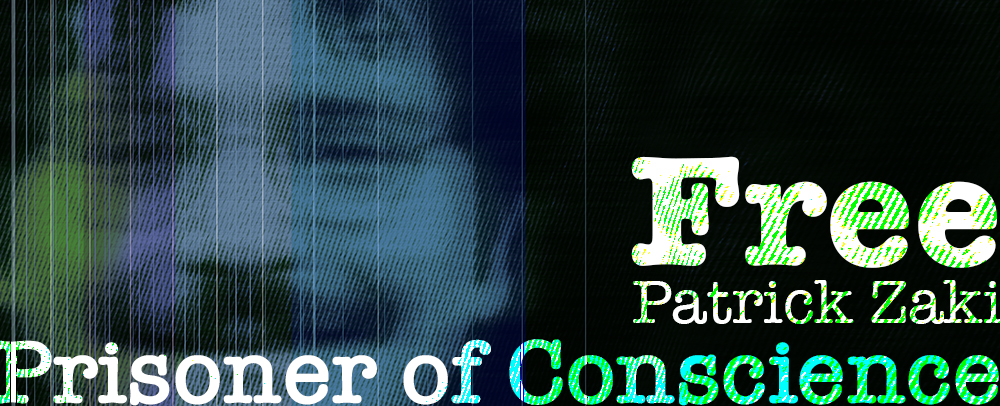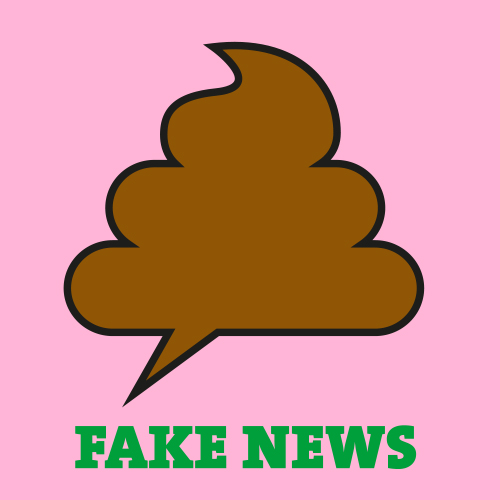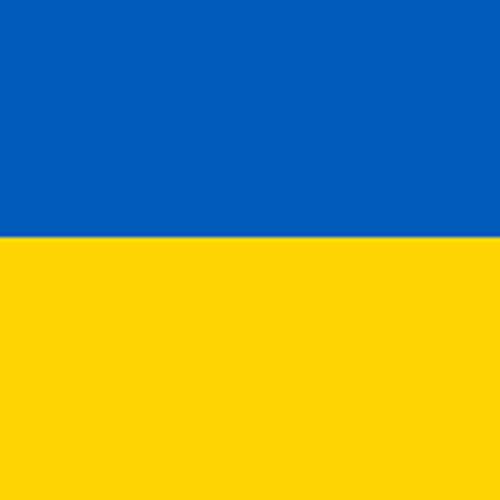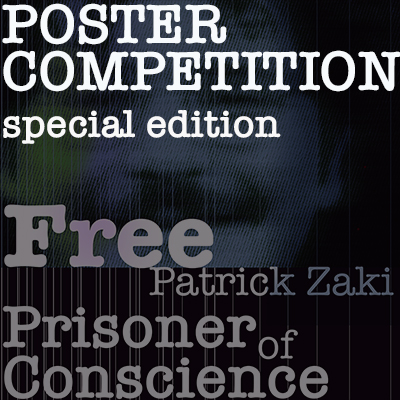
Free Patrick Zaki
The call for entries to “Free Patrick Zaki, prisoner of conscience”, a special edition of Poster For Tomorrow, will be open from 8 to 28 January. The competition is organised by Amnesty International Italia, Conversazioni sul futuro, Diffondiamo idee di valore in collaboration with Alma Mater Studiorum - University of Bologna, Articolo 21 Association, Human Rights Festival
and with the support of numerous public administrations and other
partners. The aim of the contest is to join the women and men across the
globe who are calling for the immediate release of the Egyptian student Patrick Zaki, who has been detained in prison as a prisoner of conscience for about a year, due to his work for human rights and for his political opinions expressed on social media. The 10 best posters, selected by our jury team, will be printed and posted between 7 and 8 February (the anniversary of his detainment and confirmation of his arrest), in the cities, public and private spaces that will join the initiative. All the details will be explained on Monday 4 January at 18:50 with a live stream on Facebook and YouTube during a special episode of the web show “Sette meno dieci”.
On 7 February 2020 Patrick Zaki, an Egyptian postgraduate student of the Gemma (Master Erasmus Mundus on “Women’s and Gender Studies”) at the University of Bologna, was stopped at Cairo International Airport just after landing with a flight from Italy. After several hours of forced disappearance he reappeared the following day in front of the public prosecutor’s office of Mansoura for the confirmation of his arrest.
The arrest warrant contains allegations of being a threat to national security, incitement to illegal protest, subversion, spreading false news and terrorism propaganda. After exhausting postponements the first two hearings of the trial were held in July. In the second, on Sunday 26 July, the young student, who had visibly lost weight, finally met his lawyers for the first time since his arrest on 7 March.
On 25 August, once again the first time since March, he saw his mother for a short conversation.
On 7 December the judge of the third section of the antiterrorism court in Cairo extended his pre-trial detention for 45 days.
On 19 December Patrick met his mother again at the Tora Prison. “I am physically and mentally exhausted. I can’t deal with being in here anymore. At every stage of the academic year I’m getting increasingly depressed by being here instead of being with my friends in Bologna”, he told her.
Over the past few months the family has received only two short letters out of the at least 20 that Patrick has written and sent.
We believe that Patrick Zaki is a prisoner of conscience, held exclusively due to his work for human rights and due to the political opinions expressed on social media. We dedicate this initiative to all prisoners of conscience who have been kidnapped, tortured, disappeared and detained unlawfully. And to all those young women and men who travel the world to study, research, share and build a better society.
Ongoing Projects

FAKE NEWS!
Fake news might feel like a recent development that has only come to prominence since the election of one politician who shall not be named, but the practice of spreading rumours and misinformation is as old as the printed word.
People have always twisted the truth, or simply told lies, to get what they want (or change the world). But now we have the ability to share information faster and wider than ever before. It used to be only a few media outlets or government sources that could shape public thought, but now everyone can.
And unlike the media or government, none of us are held accountable for what we post. As there are few laws or fines that can be thrown at us for posting lies, there is no incentive to act responsibly in the public sphere. Get likes (or votes) first, worry about potential consequences later. If the self-styled leader of the free world can’t be held to account for regularly tweeting and spreading blatant untruths, then what stops everybody else from doing the same?

